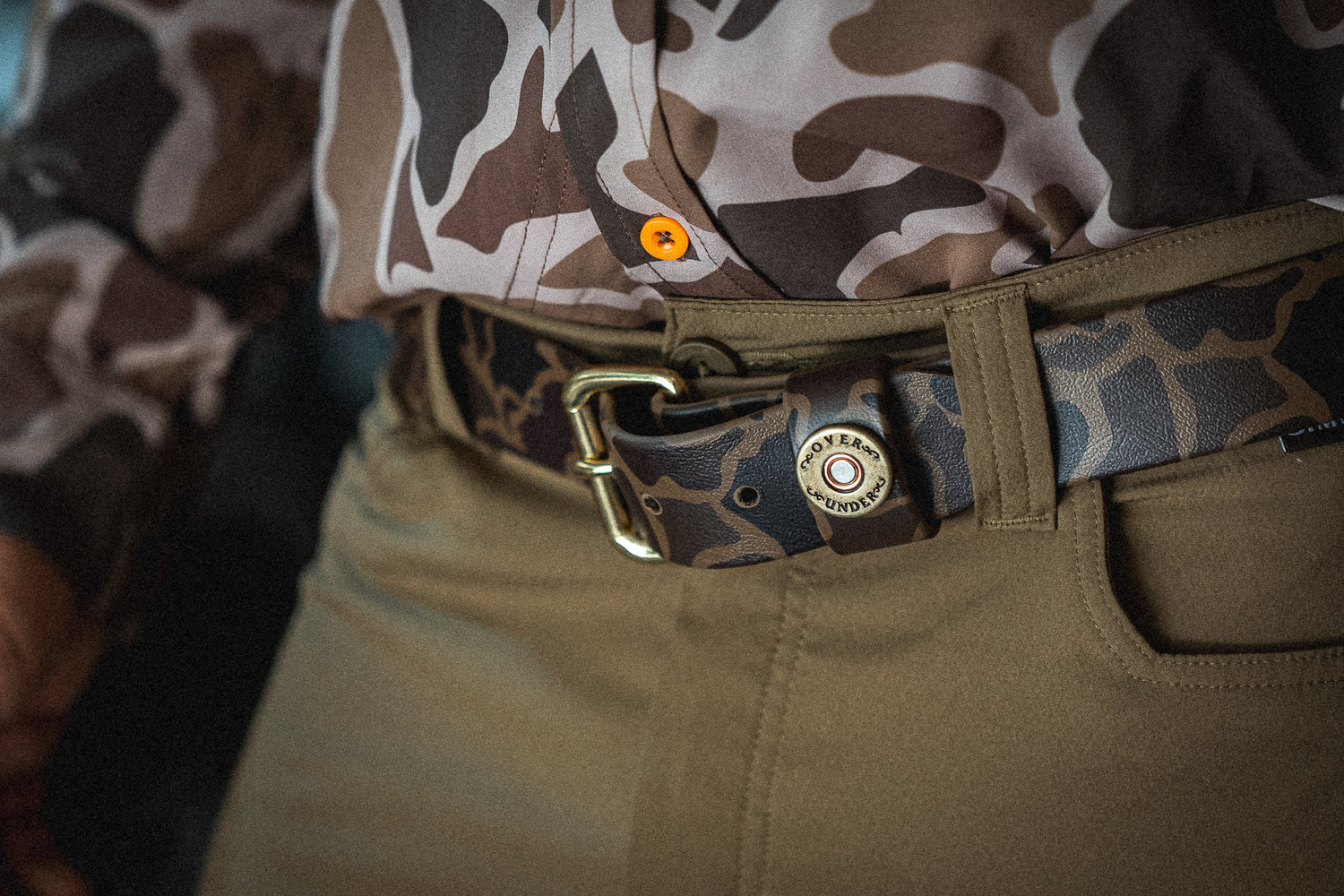There are roughly 78 million pet dogs in the U.S., according to the American Society for the Prevention of Cruelty to Animals (ASPCA). If you're one of the many pet parents out there, you absolutely need to make sure that your pup is happy and healthy.
You take your dog to the vet for regular checkups. You make sure that your pooch gets plenty of exercise and activity. You feed Fido a food that makes his coat glow and shine. What else can you do to care for your dog? Picking out the perfect collar is just one of the many ways that you can treat your dog like he or she is part of the family.
Before you buy, take a look at what you need to know about dog collars, their purposes, and how to choose just the right one.
Why Get Your Dog a Collar?
You don't see wolves in the wild running through the woods with little leather collars on. So why does your canine need a collar? To start with, companion dogs aren't wild animals. They're domesticated, and they live with humans - not just around them.
You keep your dog in your home or in a fenced-in yard, but that doesn't mean your pup won't stray. If your dog gets loose, a collar can help keep your pet from getting lost. The tags on your dog's collar will tell whoever finds your dog what your pet can't. Your pup can't tell a stranger who finds her where she lives. That's where the tags and the collar come in. Whoever finds your pup can read the tags and get in touch with you.
Keep in mind, in most areas there are rules and regulations requiring dogs to wear tags (for example, rabies tags as well as registration tags). A collar is absolutely necessary for your pet to be in compliance with the local dog-tag laws.
What Type of Collar Is the Best?
There is no one "perfect" collar for all dogs. The collar that works best for your dog depends on the dog's size, breed, fur length and preference. Collars made from leather, nylon, or cotton fabrics/weaves are all popular. Collars made with various materials come in a variety of colors, patterns, shapes and sizes. This makes it possible for you to pick one that matches your style or looks "right" on your pup.
Avoid anything that's labeled as a choke collar. These are meant only for training purposes and aren't collars for everyday use.
There is plenty of controversy when it comes to the use of these collars, but regardless of your personal perspective, you should note that these collars can pose a serious risk to your dog and should never be worn without proper supervision from a dog-training professional. Never, under any circumstance, consider choke collars as regular collars. They do exactly what the name says - choke your dog.
What's the Best Way to Find a Good Fit?
Make sure that your dog's collar fits correctly for your dog's comfort and safety. An ill-fitting collar can rub against your dog's neck, causing irritation. If the collar is too loose, it could also get caught on objects, posing an injury risk.
Luckily, finding the right fit isn't difficult. There are plenty of collars available in many different sizes. If the collar fits correctly, you shouldn't be able to pull it over your pet's neck without loosening the collar first. It also shouldn't be so tight that you can't fit two or three fingers between the collar and your dog's neck.
As your dog grows and ages, continue to check the collar size. You may need to adjust the collar to accommodate your dog's body as it changes.
Do you need a new collar for your dog? Over Under has a selection of styles and sizes, so check our offering out today.


